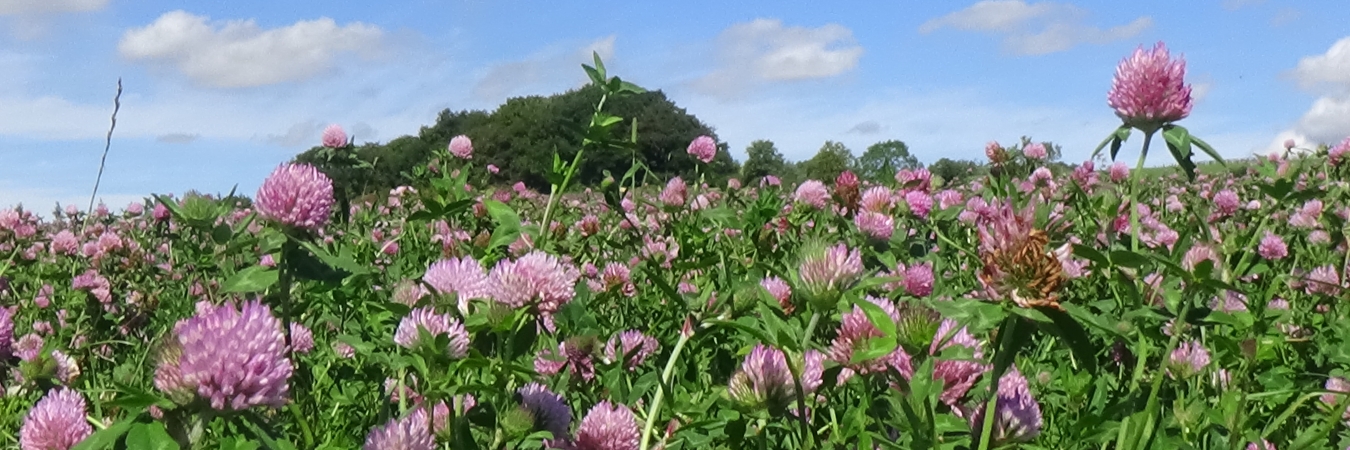We need to talk about Nitrogen…
The evidence is clear. Nitrogen has built up in the atmosphere from burning fossil fuels and intensive farming. Transport, power stations, industry, farm fertilisers and livestock are all major sources of nitrogen oxides and ammonia emissions.
Deposited directly from the air and in rain, the nitrogen enriches the soil, creates acidic conditions and causes direct damage to our flora. Over two thirds of our wild flowers, plants like harebell (Campanula rotundifolia) and betony (Betonica officinalis) require low or medium levels of nitrogen. Only robust species, such as nettle (Urtica dioica), cleavers (Galium aparine) and hemlock (Conium maculatum) thrive in nutrient enriched soils.
Woodlands, grasslands, heaths and bogs have all become colonised by nitrogen-loving plants, with knock-on effects for all our wildlife. In 2014, 90% of land in Special Areas of Conservation (SACs) in England and Wales received excessive levels of nitrogen; for the UK as a whole it was 63%.
The impacts of nitrogen deposition may be a far more immediate than climate change, but we don’t hear it talked about by environmentalists very often – nitrogen is the ‘elephant in the room’ of nature conservation.
Armed with powerful evidence and practical solutions, Plantlife is ‘talking about nitrogen’ with governments and partners across the UK to drive forward the action that is so urgently needed. In January 2017, we held a workshop with key experts to agree a way forward – you can download the workshop report below.
What is Plantlife calling for?
- Impacts of nitrogen emissions to be tackled through government strategies on climate change, air quality, water quality and natural capital accounting.
- Nitrogen levels to be taken into account in monitoring and management of wildlife habitats – particularly on Areas and Sites of Special Scientific Interest.
- Statutory action plans in severely-affected areas to reduce local emissions and restore damaged habitats.
- A coordinated UK framework providing effective regulation, incentives, advice and support to enable farmers to reduce nitrogen emissions.
- Greater public awareness of the impacts of air pollution on plants and ecosystems, putting pressure on governments and others to take urgent action.
What can you do?
- Join Plantlife to support our nitrogen campaign and other vital work to save wild plants.
- Write to your MP and the Defra Secretary of State, Andrea Leadsom, raising your concerns about this issue and making reference to Plantlife’s report.
- Share Plantlife’s report with local farmers, conservation groups and other environmental organisations that you belong to, raising awareness of the issue.
- Help monitor the impact of nitrogen on your local wildlife and improve our knowledge through citizen science, for example using the ‘Lichen App’.
